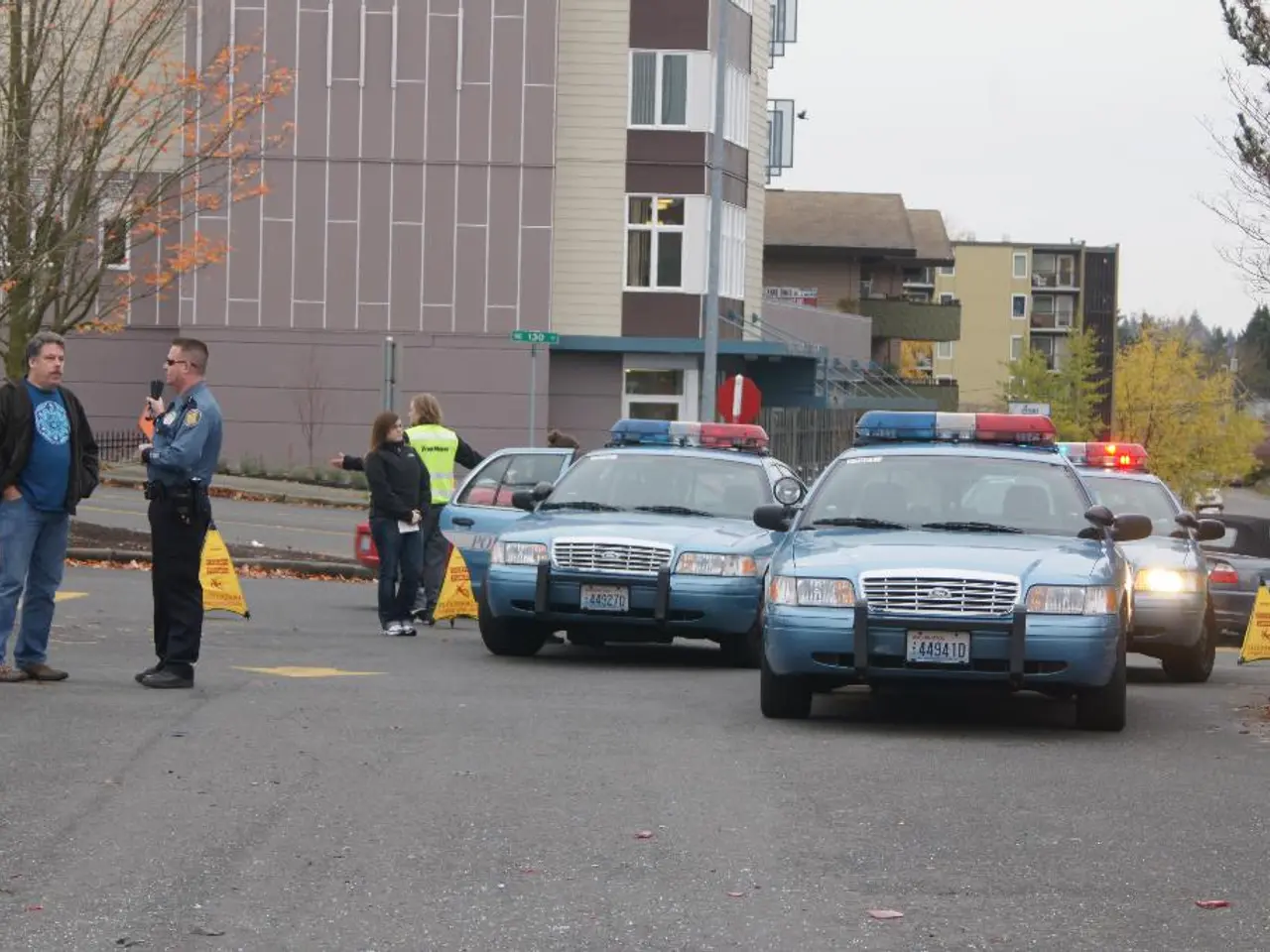Anticipates Hold-ups from Customs Checks at Poland's Borders
In recent developments, Poland has announced plans to reinstate temporary border controls with both Germany and Lithuania, effective from July 7, 2025. This decision, made by Prime Minister Donald Tusk, is a response to the growing concerns over unauthorized migrant crossings [1][2].
The move comes partly in reaction to Germany's tighter border policies, which have significantly altered the situation at the Polish-German border. Poland feels compelled to act as its patience with Germany's handling of migrants has been "exhausted" [3][4].
German Chancellor Friedrich Merz has emphasized the necessity of border controls due to insufficient protection of Europe's external borders. He has denied claims that asylum seekers are being sent back to Poland from Germany, labelling such assertions as "untrue" [1]. Merz and Tusk have engaged in discussions to bolster border security collaboratively, acknowledging the shared challenge of irregular migration [1].
The reinstatement of border controls has further strained the Schengen area, which is already under pressure due to political disagreements over migration policies [4]. Tensions with neighbouring countries have also arisen, as the move reflects a broader trend of increased border management within the European free-travel zone [4].
Since May 8, the Federal Police in Germany has carried out approximately 1,300 rejections at the German-Polish land border, according to the Interior Ministry. Far-right activists from the "Movement for the Defense of Borders" are patrolling the border in Poland, adding to the ongoing tension [5].
The right-wing conservative opposition party PiS accuses the pro-European government of Donald Tusk of accepting a large number of migrants from Germany [6]. However, Government spokesman Szlapka denies the portrayal of "hordes of migrants" crossing the border by PiS politicians [7]. Szlapka also stated that the situation at the German-Polish land border is currently under control [7].
Asylum seekers can now be rejected at the border in Germany, with Germany's border controls aiming to stop irregular migration [8]. In every tenth case of rejection at the German-Polish land border, an asylum application was made, according to the Interior Ministry [9].
The PiS and the future president supported by them, Karol Nawrocki, have praised the actions of the far-right activists [10]. Federal Interior Minister Alexander Dobrindt ordered more intensive border controls after the new federal government took office in May [11].
These developments underscore the ongoing challenges and tensions surrounding migration within the European Union, as countries grapple with finding a balance between border security and humanitarian obligations.
The reinstatement of border controls by Poland, scheduled for July 7, 2025, is a political response to the growing issue of unauthorized migrant crossings and serves as a response to Germany's tighter border policies. Tensions escalate further within the Schengen area and with neighboring countries due to the move, reflecting a broader trend in increased border management within the European free-travel zone. This development is a significant aspect of the ongoing debates surrounding migration policies within the European Union, as countries strive to balance border security with humanitarian obligations.







